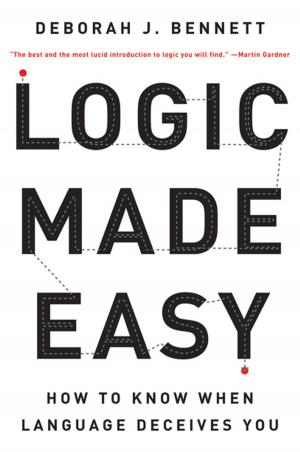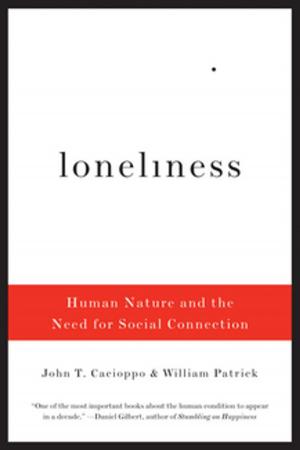We Wanted Workers: Unraveling the Immigration Narrative
Nonfiction, Reference & Language, Law, Emigration & Immigration, Business & Finance, Career Planning & Job Hunting, Labor, Social & Cultural Studies, Social Science, Cultural Studies| Author: | George J. Borjas | ISBN: | 9780393249026 |
| Publisher: | W. W. Norton & Company | Publication: | October 11, 2016 |
| Imprint: | W. W. Norton & Company | Language: | English |
| Author: | George J. Borjas |
| ISBN: | 9780393249026 |
| Publisher: | W. W. Norton & Company |
| Publication: | October 11, 2016 |
| Imprint: | W. W. Norton & Company |
| Language: | English |
From “America’s leading immigration economist” (The Wall Street Journal), a refreshingly level-headed exploration of the effects of immigration.
We are a nation of immigrants, and we have always been concerned about immigration. As early as 1645, the Massachusetts Bay Colony began to prohibit the entry of “paupers.” Today, however, the notion that immigration is universally beneficial has become pervasive. To many modern economists, immigrants are a trove of much-needed workers who can fill predetermined slots along the proverbial assembly line.
But this view of immigration’s impact is overly simplified, explains George J. Borjas, a Cuban-American, Harvard labor economist. Immigrants are more than just workers—they’re people who have lives outside of the factory gates and who may or may not fit the ideal of the country to which they’ve come to live and work. Like the rest of us, they’re protected by social insurance programs, and the choices they make are affected by their social environments.
In We Wanted Workers, Borjas pulls back the curtain of political bluster to show that, in the grand scheme, immigration has not affected the average American all that much. But it has created winners and losers. The losers tend to be nonmigrant workers who compete for the same jobs as immigrants. And somebody’s lower wage is somebody else’s higher profit, so those who employ immigrants benefit handsomely. In the end, immigration is mainly just another government redistribution program.
“I am an immigrant,” writes Borjas, “and yet I do not buy into the notion that immigration is universally beneficial. . . . But I still feel that it is a good thing to give some of the poor and huddled masses, people who face so many hardships, a chance to experience the incredible opportunities that our exceptional country has to offer.” Whether you’re a Democrat, a Republican, or an Independent, We Wanted Workers is essential reading for anyone interested in the issue of immigration in America today.
From “America’s leading immigration economist” (The Wall Street Journal), a refreshingly level-headed exploration of the effects of immigration.
We are a nation of immigrants, and we have always been concerned about immigration. As early as 1645, the Massachusetts Bay Colony began to prohibit the entry of “paupers.” Today, however, the notion that immigration is universally beneficial has become pervasive. To many modern economists, immigrants are a trove of much-needed workers who can fill predetermined slots along the proverbial assembly line.
But this view of immigration’s impact is overly simplified, explains George J. Borjas, a Cuban-American, Harvard labor economist. Immigrants are more than just workers—they’re people who have lives outside of the factory gates and who may or may not fit the ideal of the country to which they’ve come to live and work. Like the rest of us, they’re protected by social insurance programs, and the choices they make are affected by their social environments.
In We Wanted Workers, Borjas pulls back the curtain of political bluster to show that, in the grand scheme, immigration has not affected the average American all that much. But it has created winners and losers. The losers tend to be nonmigrant workers who compete for the same jobs as immigrants. And somebody’s lower wage is somebody else’s higher profit, so those who employ immigrants benefit handsomely. In the end, immigration is mainly just another government redistribution program.
“I am an immigrant,” writes Borjas, “and yet I do not buy into the notion that immigration is universally beneficial. . . . But I still feel that it is a good thing to give some of the poor and huddled masses, people who face so many hardships, a chance to experience the incredible opportunities that our exceptional country has to offer.” Whether you’re a Democrat, a Republican, or an Independent, We Wanted Workers is essential reading for anyone interested in the issue of immigration in America today.















